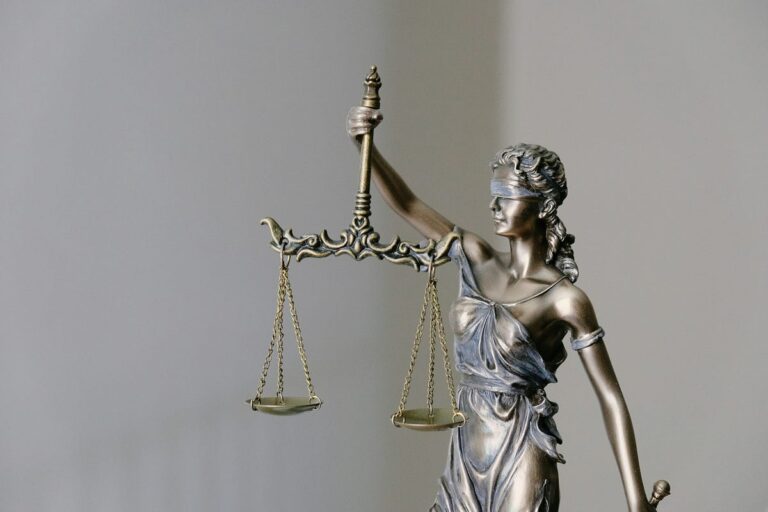Book Appointment Now
Why Toxic People Get Defensive When Called Out on Their Behavior Towards Others?

When dealing with toxic people who behave badly, they often get defensive when you confront them about their actions. Instead of accepting the truth or listening to your side of the story, they quickly become defensive, even if there are no immediate consequences for them. So, why do toxic people react this way when you call them out?
1. Protecting their Self-Image
Toxic individuals often have a fragile and inflated self-image, stemming from deep-rooted insecurities. When their negative behavior is pointed out, it threatens their sense of self-worth and exposes their flaws. This triggers a defensive response as a protective mechanism to shield themselves from feeling inadequate or vulnerable.
https://biiedwin.gumroad.com/l/BreakingChains
Admitting fault or acknowledging their harmful actions would shatter the façade of superiority they’ve carefully crafted, and they would rather avoid confronting their own imperfections. Instead, they deflect blame, gaslight, or lash out at others to preserve their self-image and maintain control.
2. Avoiding Responsibility
Being defensive is a common tactic employed by toxic individuals to evade accountability for their actions and avoid facing the repercussions of their behavior. When confronted with their harmful actions, they may immediately shift blame onto others, make excuses, or flatly deny any wrongdoing.
Taking full responsibility for their toxic behavior is not something that sits well with those who exhibit such traits. Consequently, defensiveness becomes their default response to avoid facing their actions and the consequences they entail. By being defensive, they can shield themselves from being accountable for their actions and continue to perpetuate harmful patterns without having to confront the impact of their behavior.
3. Abandonment Issues
Toxic people often worry that if they acknowledge their faults or vulnerabilities, they will face rejection or abandonment from those around them. They may have a strong fear of appearing weak or undesirable in the eyes of others. As a result, they choose to hide their true selves and put up a defensive front to protect their image, even if it means continuing harmful behaviors.
4. Maintaining Control
Toxic individuals often seek to maintain control over every situation they encounter. When they become defensive, they manipulate the narrative to suit their interests, allowing them to stay in control of the conversation or situation. By deflecting blame, making excuses, or distorting the truth, they steer the focus away from their negative behavior and onto others. This manipulation enables them to maintain their position of power and control
5. Lack of Empathy
Toxic individuals often struggle to put themselves in others’ shoes, which means they have difficulty understanding or recognizing how their actions affect those around them. Because they lack empathy, they may not fully grasp the pain they cause others or may choose to ignore it altogether.
This lack of understanding can lead them to dismiss or minimize the harm they inflict on others, making it challenging for them to take responsibility for their behavior. This inability to empathize can perpetuate the cycle of toxic behavior, as they may continue to hurt others without fully realizing the consequences of their actions.
https://biiedwin.gumroad.com/l/BreakingChains
6. Sense of Entitlement
Some toxic individuals may also have a sense of entitlement, feeling that they deserve special treatment and are above criticism or consequences for their actions. This belief can lead them to view their behavior as acceptable and even defend their behavior, even if it negatively affects others. They may be unwilling to acknowledge their faults or make changes because they firmly believe they are right and others should conform to their desires.
Conclusion
When dealing with toxic behavior, it’s essential to remember that confronting the individual may not always result in a positive transformation. Some toxic people might react with even more defensiveness or hostility when confronted. In such situations, your well-being and safety should be the top priority.
Setting healthy boundaries and seeking support from others can be crucial in protecting yourself from further harm. If the toxicity is severe or abusive, it may be necessary to distance yourself from the person entirely and seek help from a professional who can guide you through the process of healing and moving forward. Remember, taking care of yourself is paramount in navigating relationships with toxic individuals.
Note from the Author
If you’re ready and you’d like my help with healing, finding peace in life and breaking free from these subconscious patterns for good (in less than 2 months) using Mind Shifting, then you can book a FREE BREAKTHROUGH CALL with me HERE. Happy healing 💙💙. Feel free to share and comment! Use this information with caution, it comes from my own thoughts & bias, experiences and research😊.







